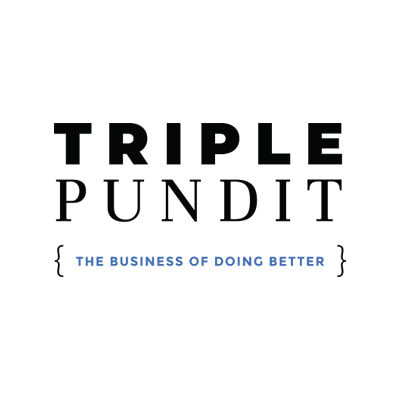
“You’ve come a long way baby,” was the slogan long used by the Philip Morris brand Virginia Slims when it started marketing cigarettes to women in the late 1960s. Since then the company has morphed several times, with Altria focusing on the U.S. market while Philip Morris International (PMI) markets its products in roughly 180 countries.
Now PMI says it has come a long way as it seeks to transform its business into one that will mostly market and sell smoke-free products. The Switzerland-based conglomerate announced its long-term plan in its most recent sustainability report, the second one the company has issued following the guidelines set by the United Nations Global Compact.
PMI’s pivot comes as tobacco companies are becoming even more harshly criticized for their aggressive tactics in countering anti-smoking campaigns in developed and developing countries alike. The company found itself in the eye of this storm earlier this decade with its lawsuit against Uruguay’s government over its anti-smoking regulations; the global outcry finally stopped when an international court ruled against PMI last year.
The company does not mention the Uruguay snafu at all in this report, but it is clear PMI is facing political and market realities. To that end, PMI insists its work is strongly aligned with the UN’s Sustainable Development Goals (SDGs), summed up in this assessment that would have been unthinkable for a tobacco company to utter only a few years ago: “Smoking cigarettes causes serious disease.”
Hence PMI’s focus is on five SDGs: health, zero-hunger, economic opportunity, responsible consumption and fighting corruption.
So what is a company that in 2016 made 800 billion cigarettes and sold them to 150 million customers going to do?
PMI says is has so far invested $3 billion dollars in research to understand adult smokers’ behavior. And that work has translated into an aggressive program to develop and sell smoke-free products. In a campaign that offers an eerie resemblance to Apple, the company is pinning much of its future on the iQOS vaporizer. The product is currently available in 25 countries and is used by 3 million consumers; PMI claims 8,000 smokers are making the switch daily.
PMI acknowledges that these vaporizers contain nicotine and can be addictive. But from the company’s point of view, this business transformation balances the needs of the company to remain viable while proving that it can be supportive (or at least stay out of the way) of countries’ public health initiatives. Over the next decade, PMI seeks ambitious growth in this iQOS product line:
“It is our ambition that at least 30 percent of our consumers who would otherwise continue smoking switch to our smoke-free products by 2025. We project that by 2025, at least 40 million PMI cigarette smokers will have switched to smoke-free products.”
The company also concedes that quitting any use of tobacco products is the best interest of one’s long-term health. Nevertheless, do not expect PMI’s marketing efforts to reflect that sentiment:
“Our goal is to switch every adult smoker who would otherwise keep smoking to smoke-free products such as IQOS. We are committed to supporting adult smokers in their switching journey through education and guidance.”
The rest of PMI’s sustainability agenda is formulaic and largely attuned to ensuring that the company stays compliant in the markets in which it does business. For example, the company has promised an aggressive program monitoring agricultural labor conditions within its supply chain. “Science-based targets” are behind the company’s long-term goals to reduce emissions 40 percent by 2030. And PMI claims it has a rounded kit in place to guarantee that employees stay motivated and engaged.
Critics of the tobacco industry will find plenty in PMI’s sustainability report that at the very least, will elicit an eye roll or two. But give the company credit for striving to be part of this global conversation on sustainability and responsibility.
Image credit: Unsplash

TriplePundit editors offer news and insights on sustainable business.














